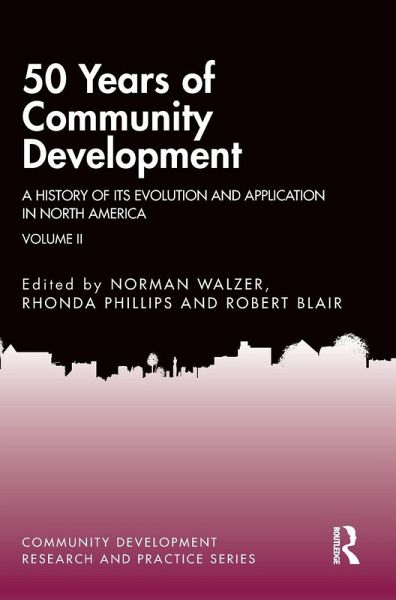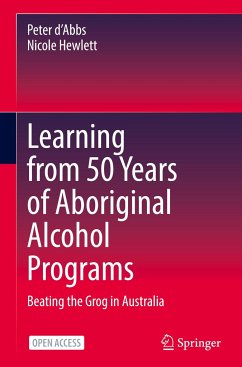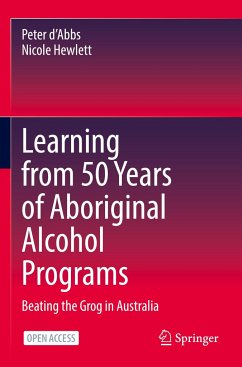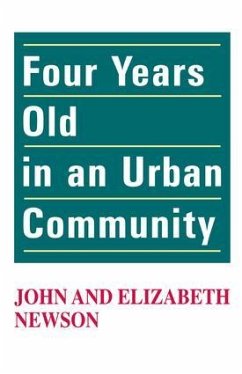
50 Years of Community Development Vol II
A History of its Evolution and Application in North America
Herausgeber: Walzer, Norman; Blair, Robert; Phillips, Rhonda
Versandkostenfrei!
Versandfertig in 1-2 Wochen
179,99 €
inkl. MwSt.
Weitere Ausgaben:

PAYBACK Punkte
90 °P sammeln!
This 50th anniversary publication provides a comprehensive history of community development. The editors have placed the chapters in major themed areas or issues pertinent to both research and practice of community development.














